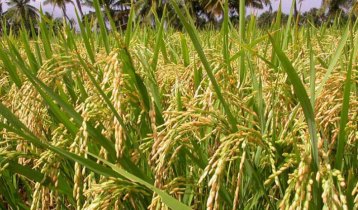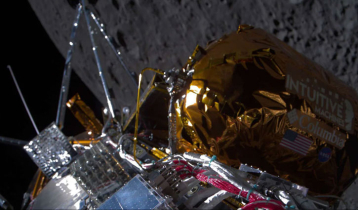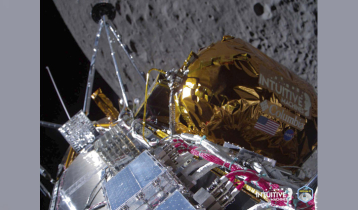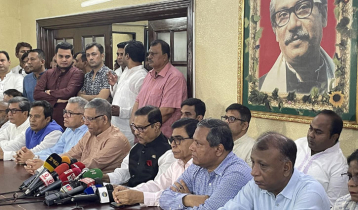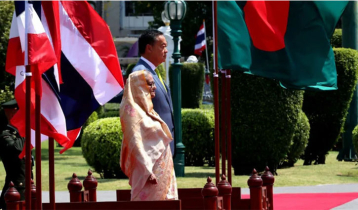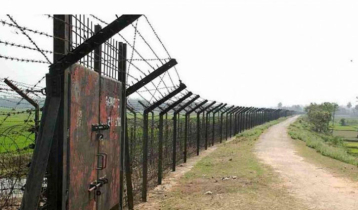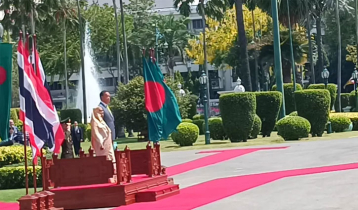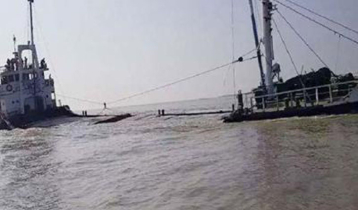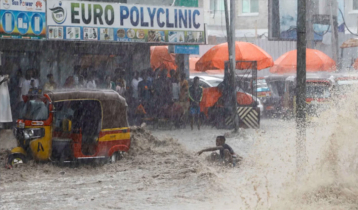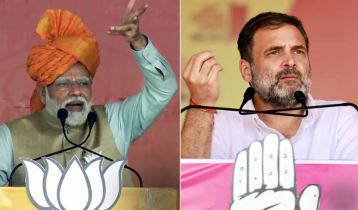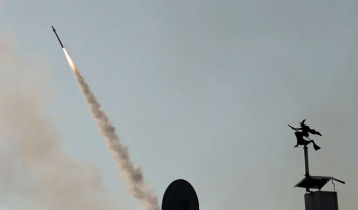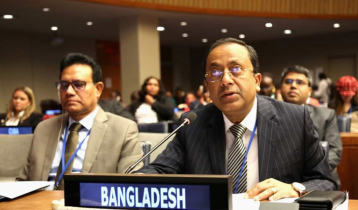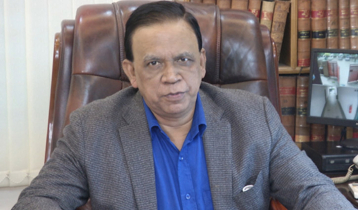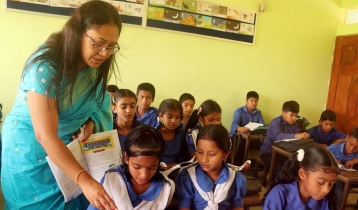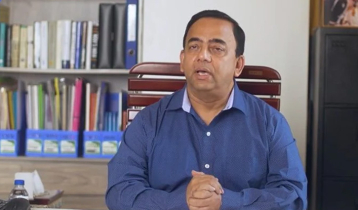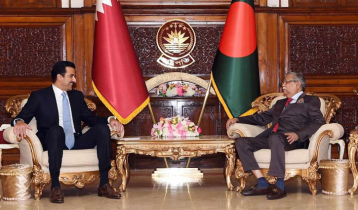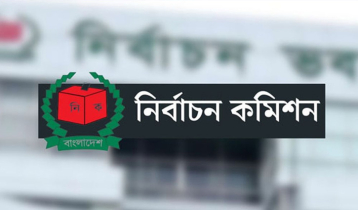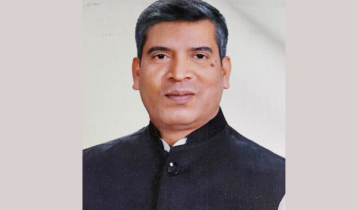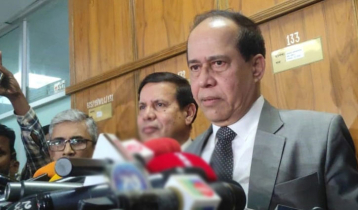Russia begins recruiting Moon cosmonauts
4 || risingbd.com
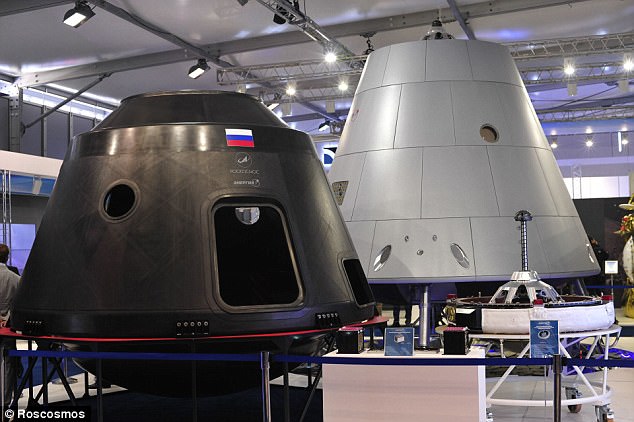
Risingbd Desk: Russia has begun recruiting cosmonauts for a new spacecraft that will go to the moon.
Russia's space corporation Roscosmos has declared an open contest for a team who will pilot the Federatsiya spacecraft to the Moon.
'The selection begins today and it will last till the end of the year,' said, Roscosmos First Deputy CEO Aleksandr Ivanov told a news conference.
'The results will be summarized at the end of December, and a group of six to eight trainees is to be selected,' he said.The Roscosmos press-service said the selected specialists will be the first to fly the new generation spacecraft Federatsiya, and will be the first Russians to go to the Moon.
'The purpose is to select the best specialists who already have certain knacks of operating space or air technologies.
'They will be the first pilots of Russia's future spacecraft Federatsiya.
'All will be trained under the International Space Program and will be the first Russians to fly to the Moon,' the Roscosmos press-service said.
Russia's Korolev Rocket and Space Corporation (RSC) Energia is developing two modifications of the Federatsiya spacecraft, which could carry four or six cosmonauts respectively.
The applicants will have to undergo several selection stages - testing for education and professional aptitude, medical examination, psychological qualities and physical fitness tests.
Applications will be accepted from Russians no older than 35 years who have higher education in engineering, research or other flight specialties and a previous work record.
'Those with experience in the aircraft-building and space rocket industry of the Russian Federation will enjoy priority,' the press-service said.
Also, the candidates are expected to have a knack for studying space technologies, computer skills and fluent English.
Applications will be accepted for just four months.
The testing of candidates will begin afterwards.
The new craft has been under development for a decade.
It is part of a project called the Prospective Piloted Transport System (PPTS), which is expected to replace both the Soyuz TMA manned spacecraft system and the Progress cargo ships.
The first unmanned orbital test flight of the new spacecraft, atop the new Angara rocket, is scheduled in 2021, launching from the Vostochny Cosmodrome, Russia’s new spaceport currently under construction.
Earlier this months it was revealed China is developing an advanced new spaceship capable of both flying in low-Earth orbit and landing on the moon, according to state media, in another bold step for a space program that equaled the U.S. in number of rocket launches last year.
The newspaper Science and Technology Daily cited spaceship engineer Zhang Bainian as saying the new craft would be recoverable and have room for multiple astronauts.
While no other details were given in the Tuesday report, Zhang raised as a comparison the Orion spacecraft being developed by NASA and the European Space Agency.
The agency hopes Orion will carry astronauts into space by 2023.
China's Shenzhou space capsule used on all six of its crewed missions is based on Russia's Soyuz and is capable of carrying three astronauts in its re-entry module.
China came late to crewed space flight, launching its first man into space in 2003, but has advanced rapidly since then.
In its most recent crewed mission, two astronauts spent a month aboard a Chinese space station late last year.
A fully functioning, permanently crewed space station is on course to begin operations in around five years and a manned lunar mission has been suggested for the future.
Now firmly established among the big three in space travel, China last year moved ahead of Russia for the first time in number of rocket launches and equaled the United States at 22, according to Harvard University astrophysicist Jonathan McDowell.
Russia had 17 launches, while the U.S. might have had several more if Space X's Falcon 9 rocket fleet hadn't been grounded following a Sept. 1 launchpad explosion.
Source: The Mail
Risingbd/March 16, 2017/Mukul
risingbd.com

